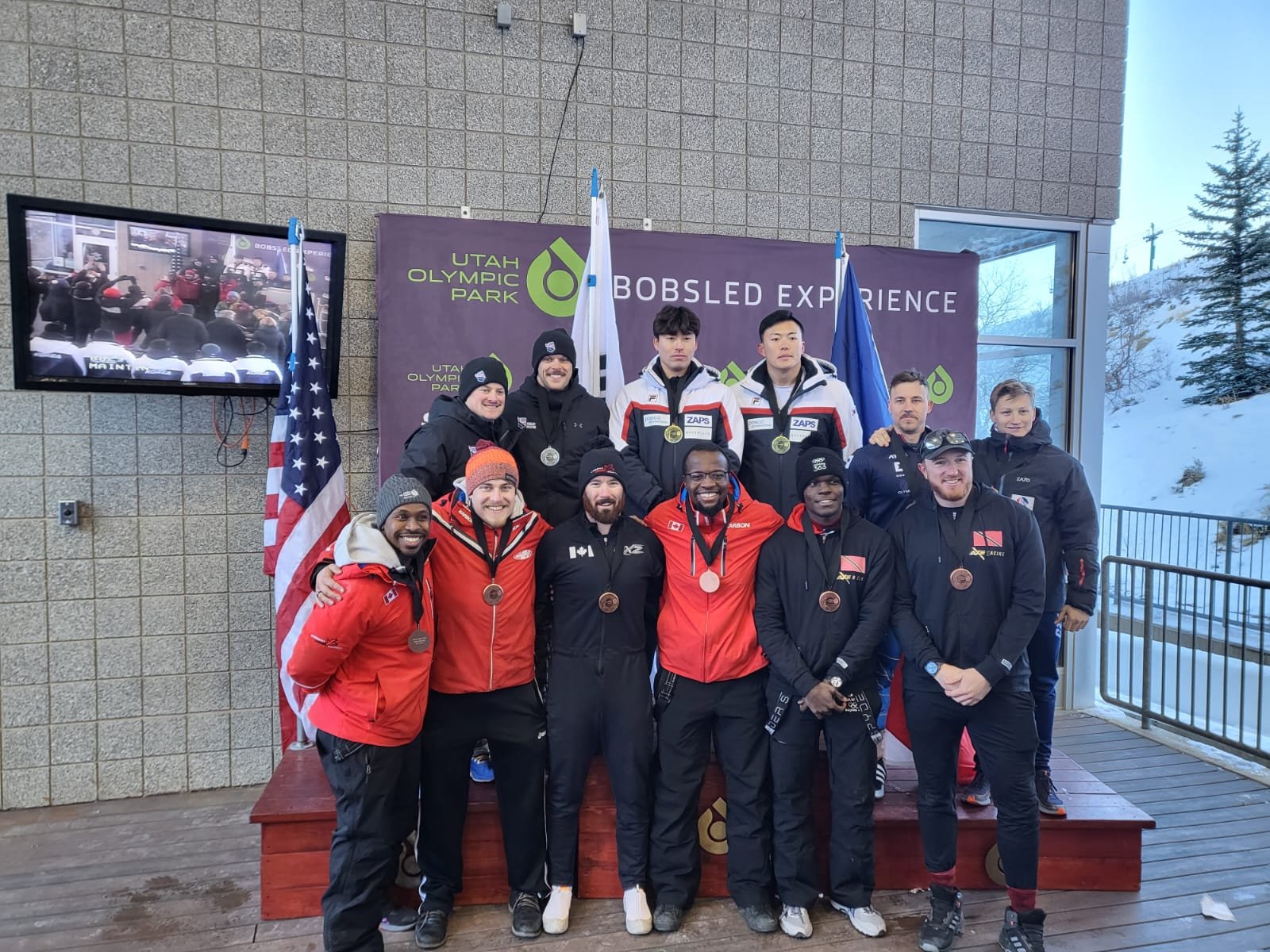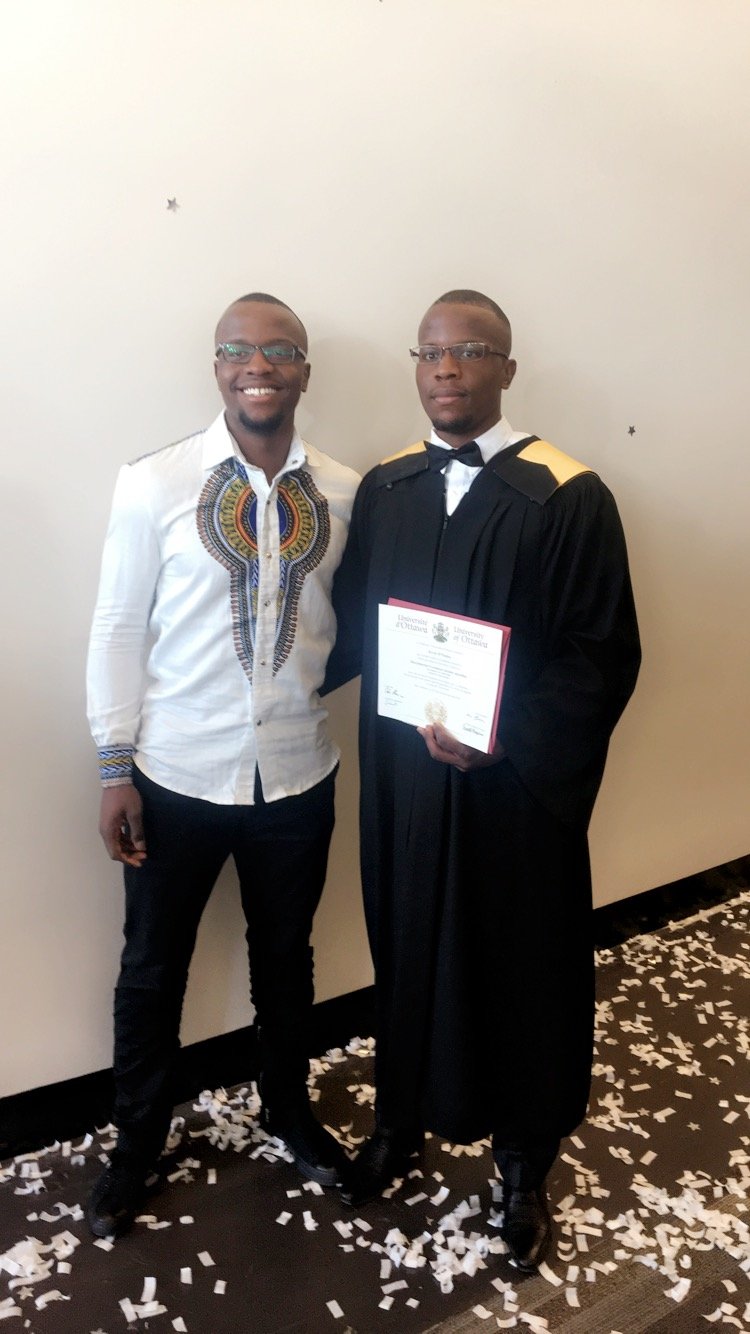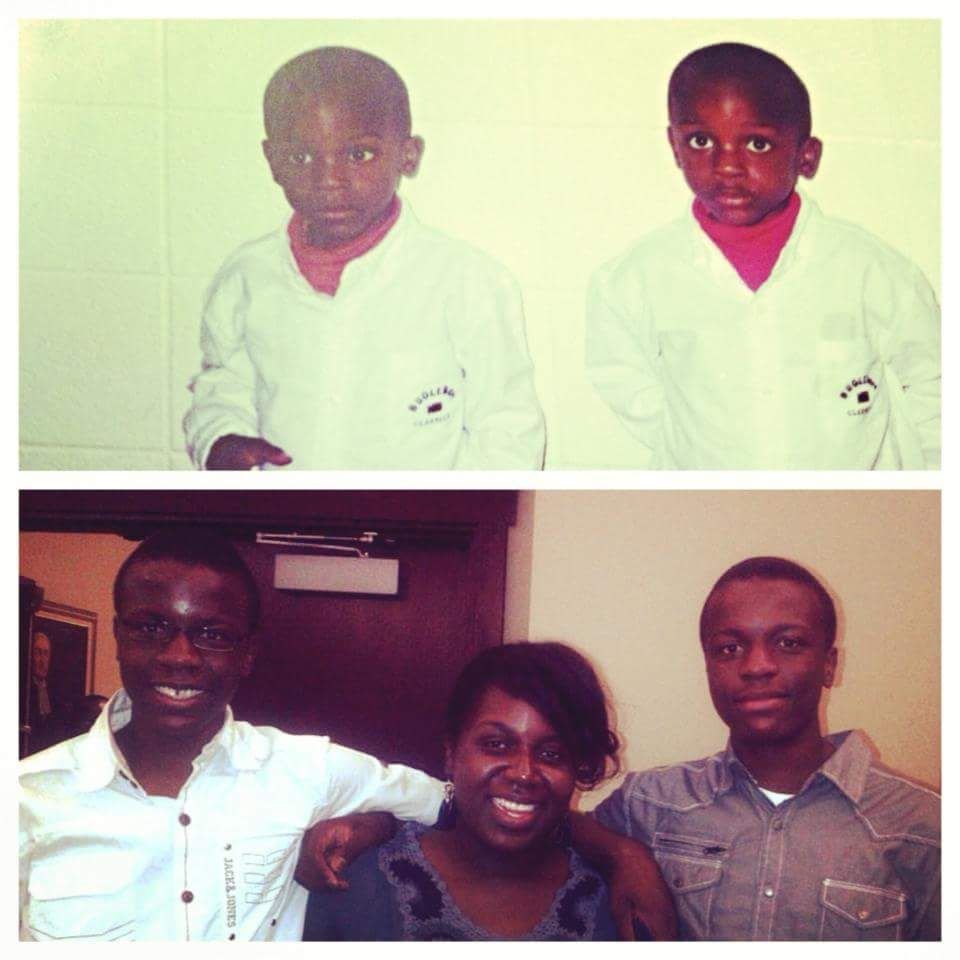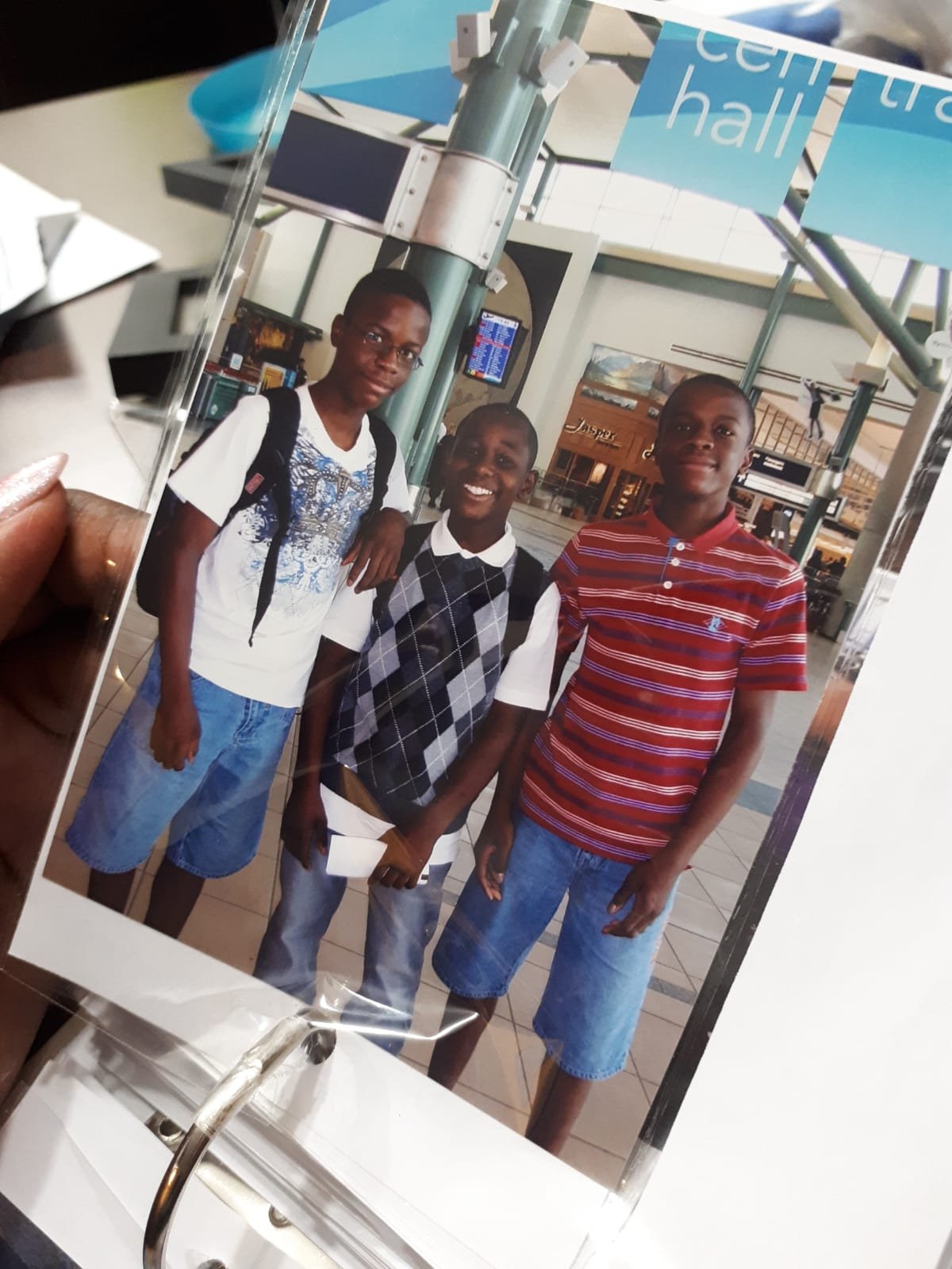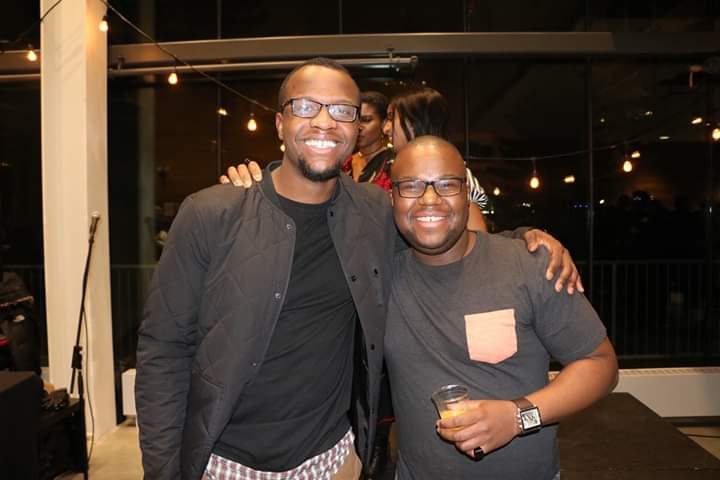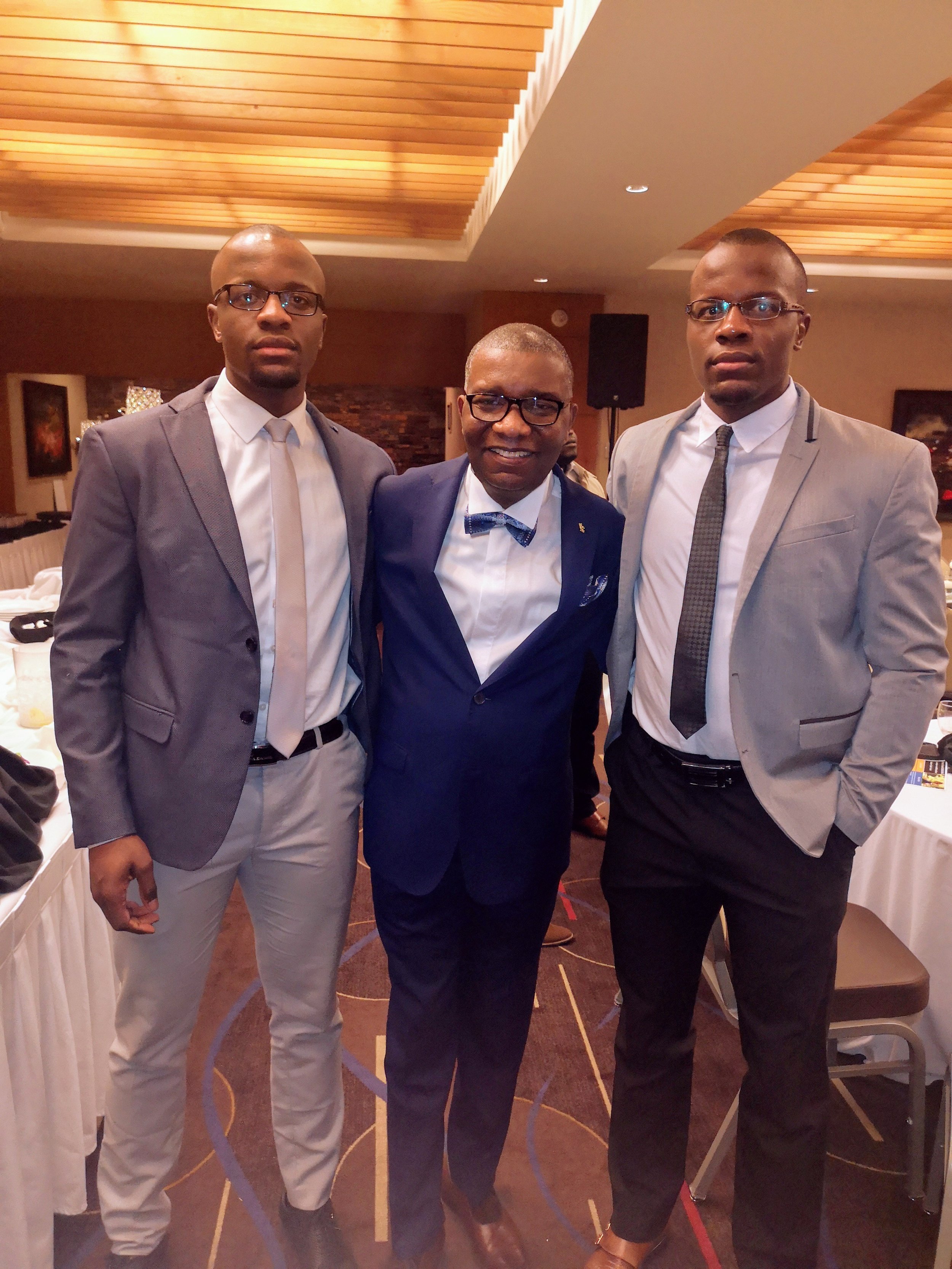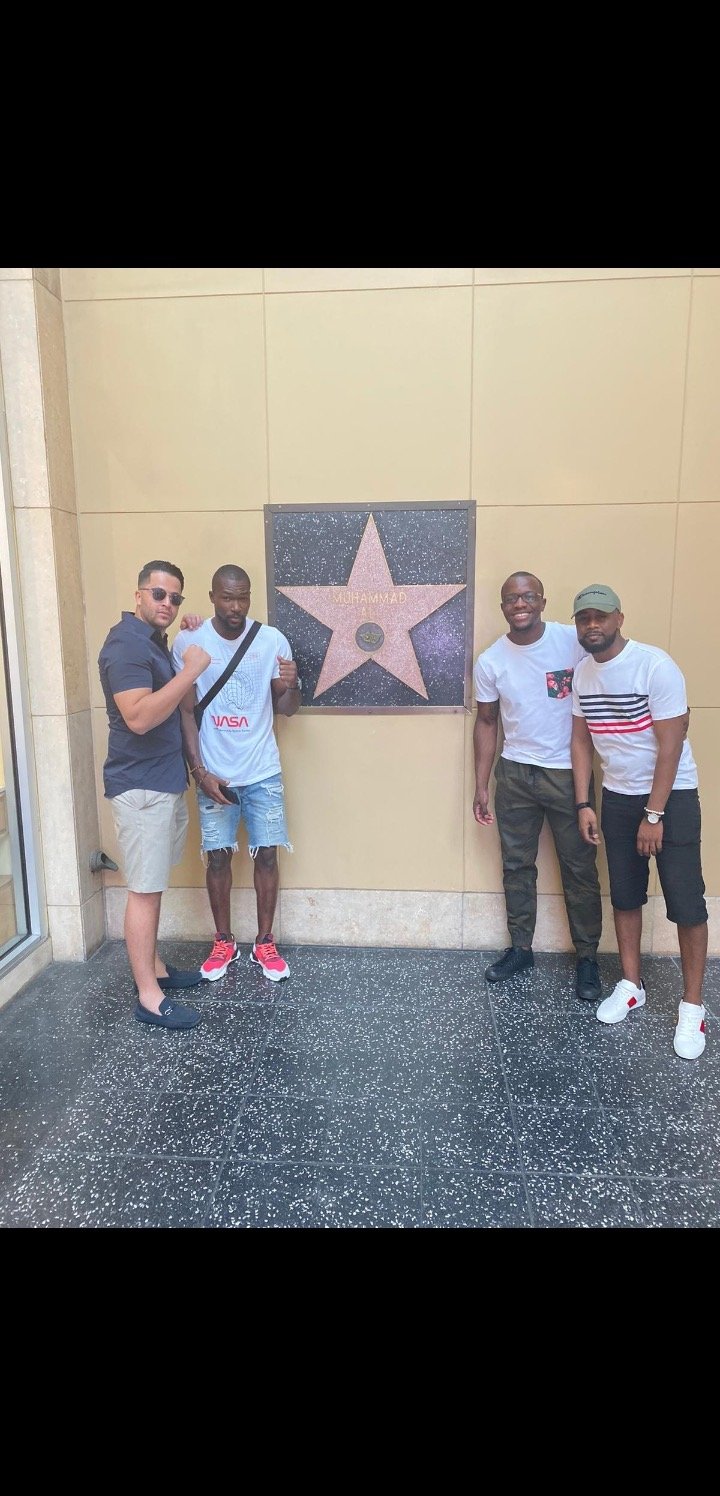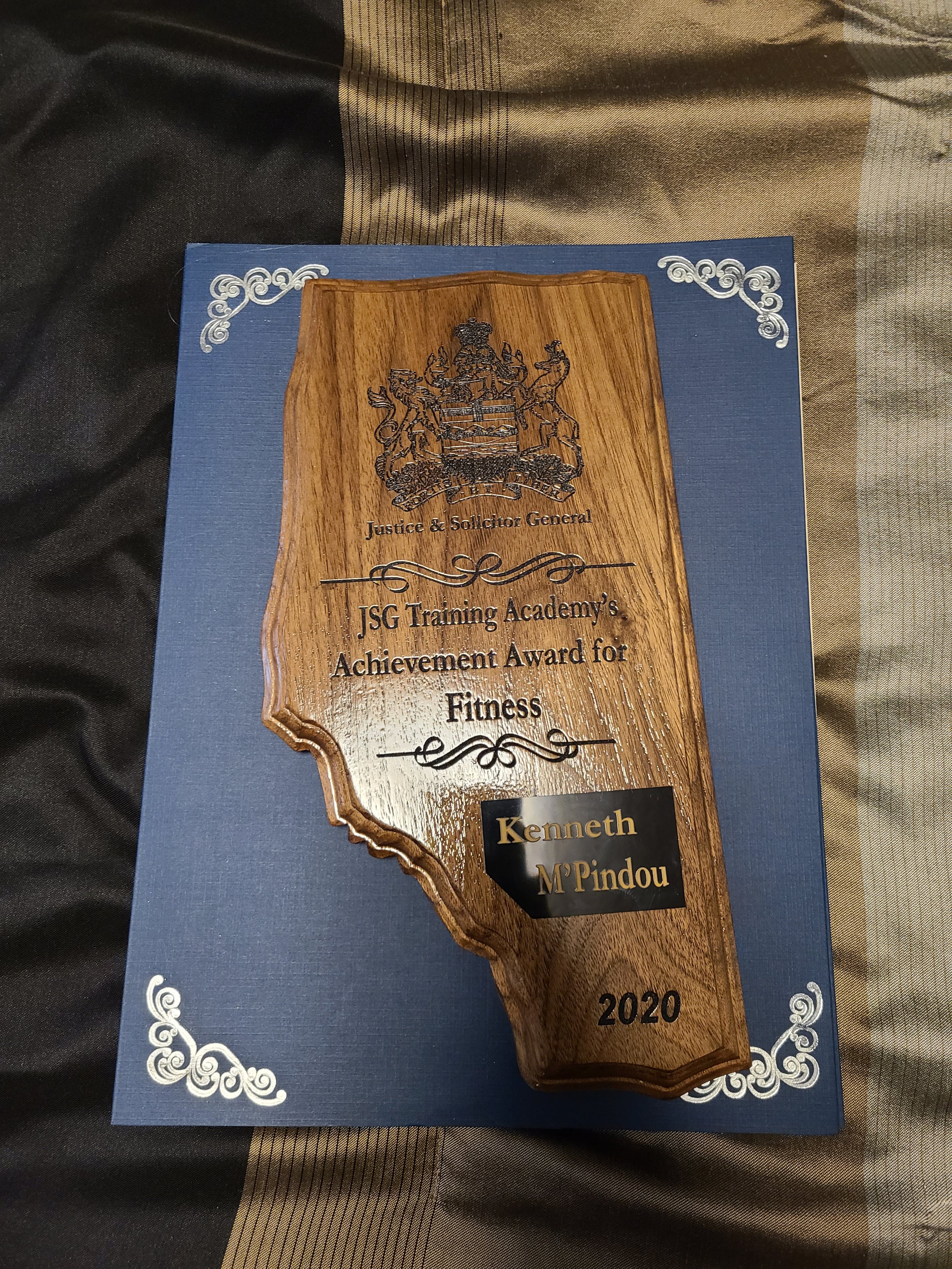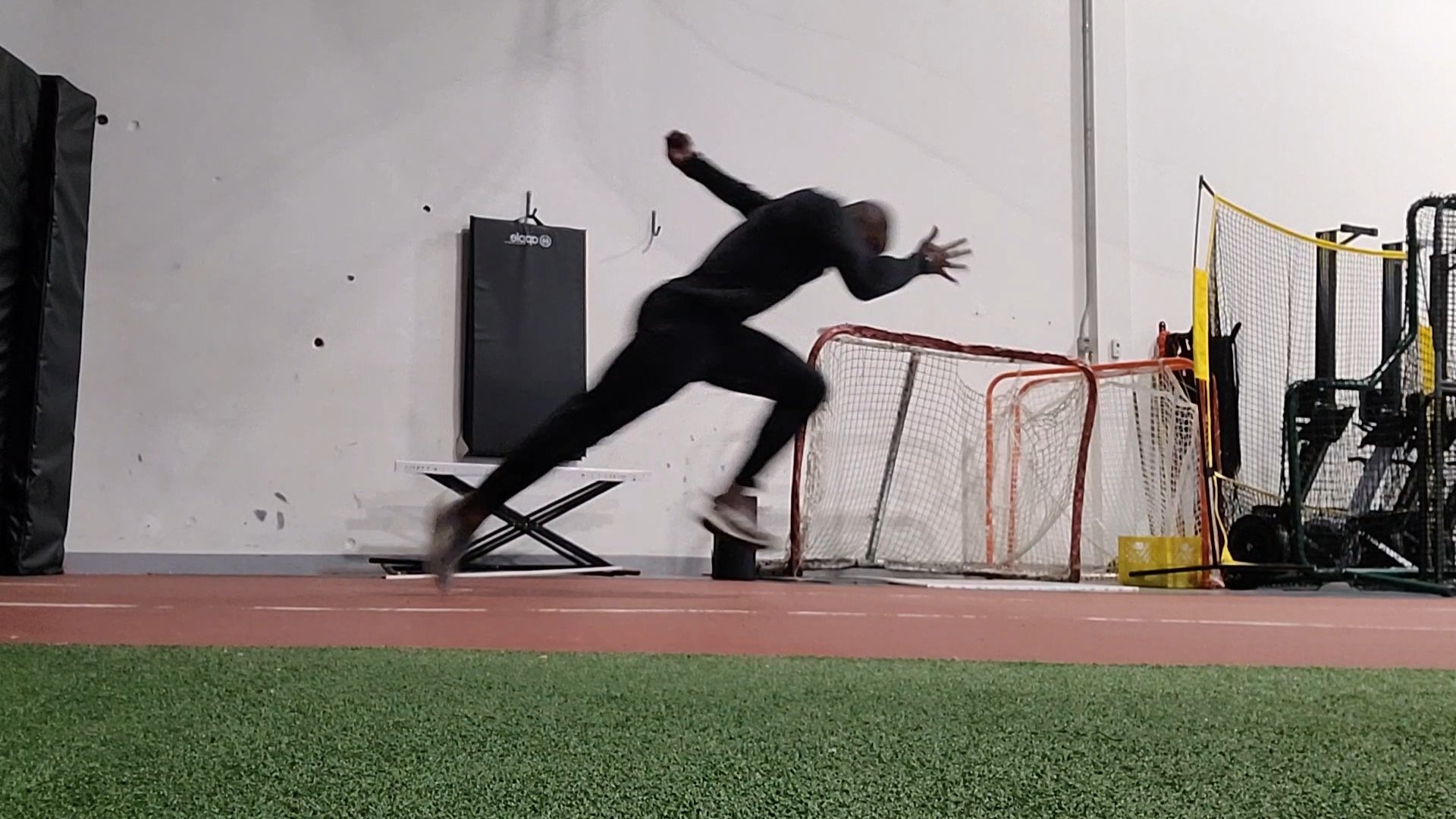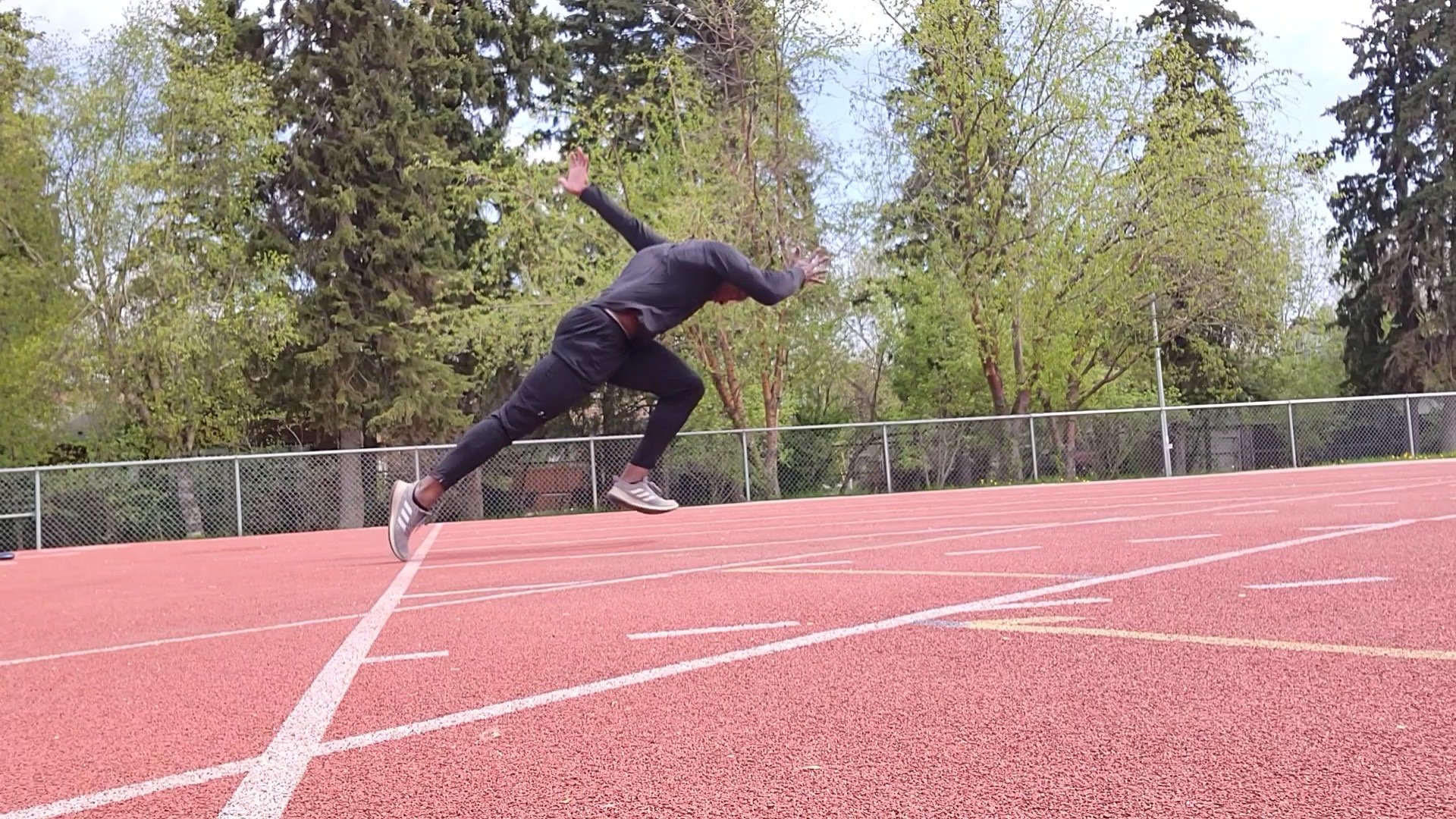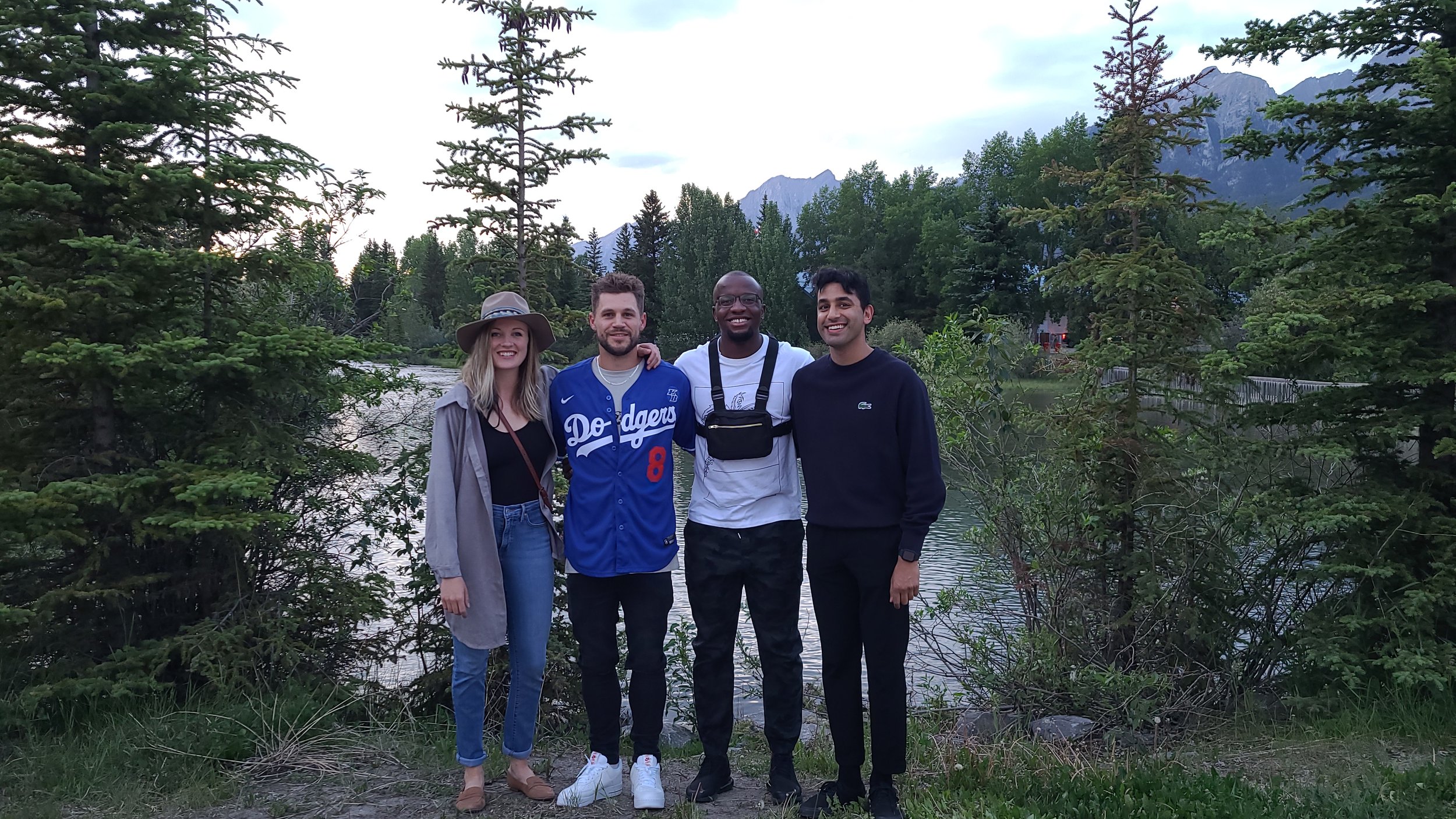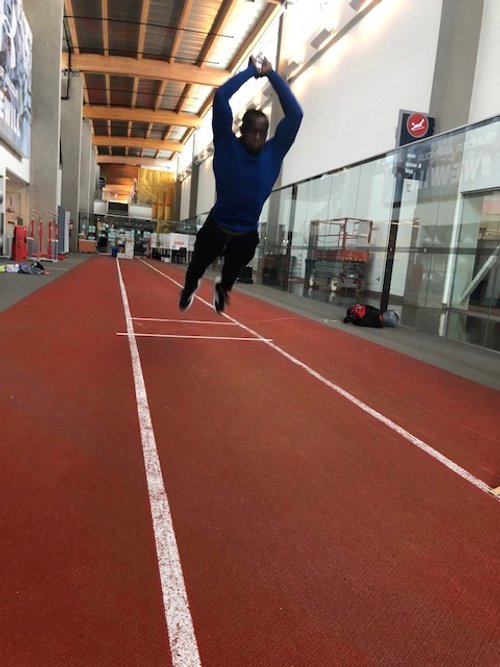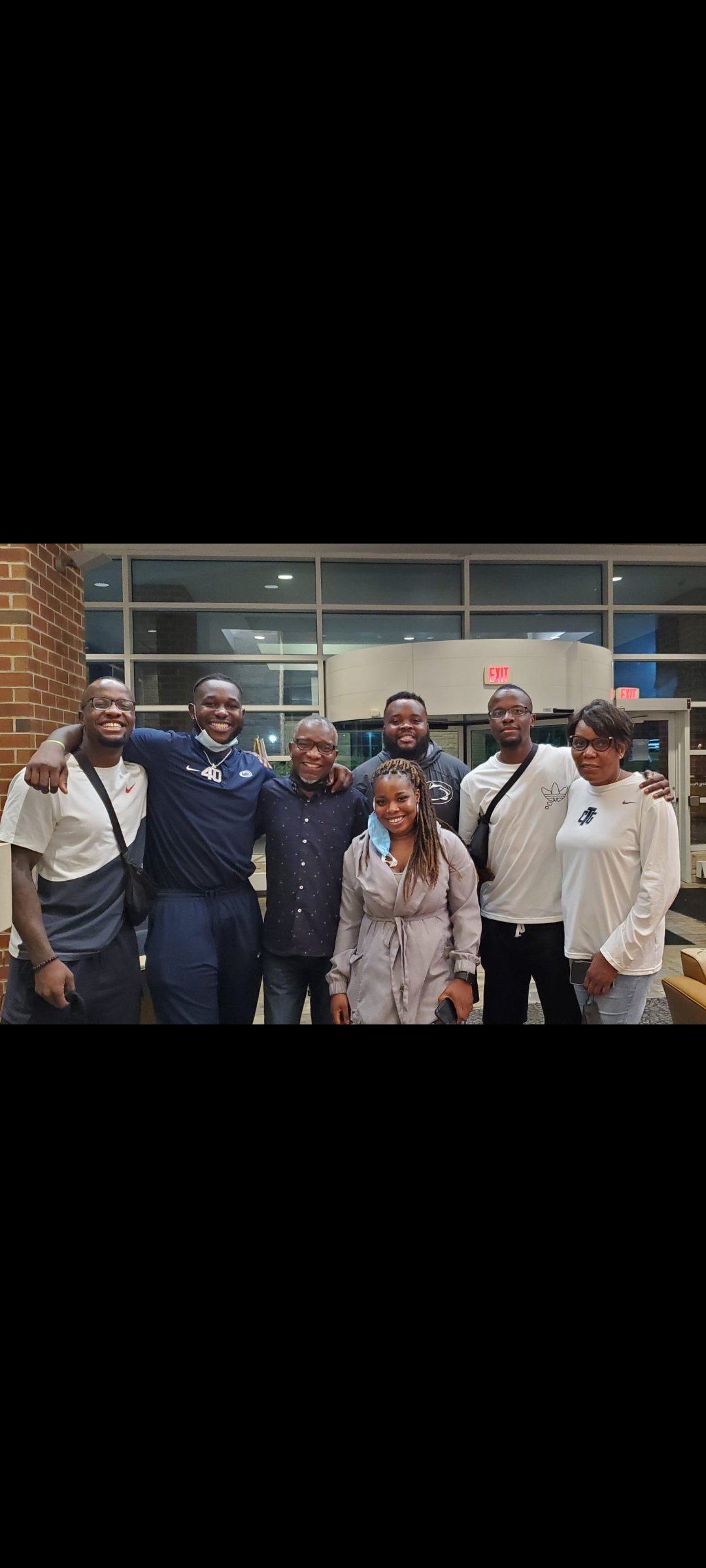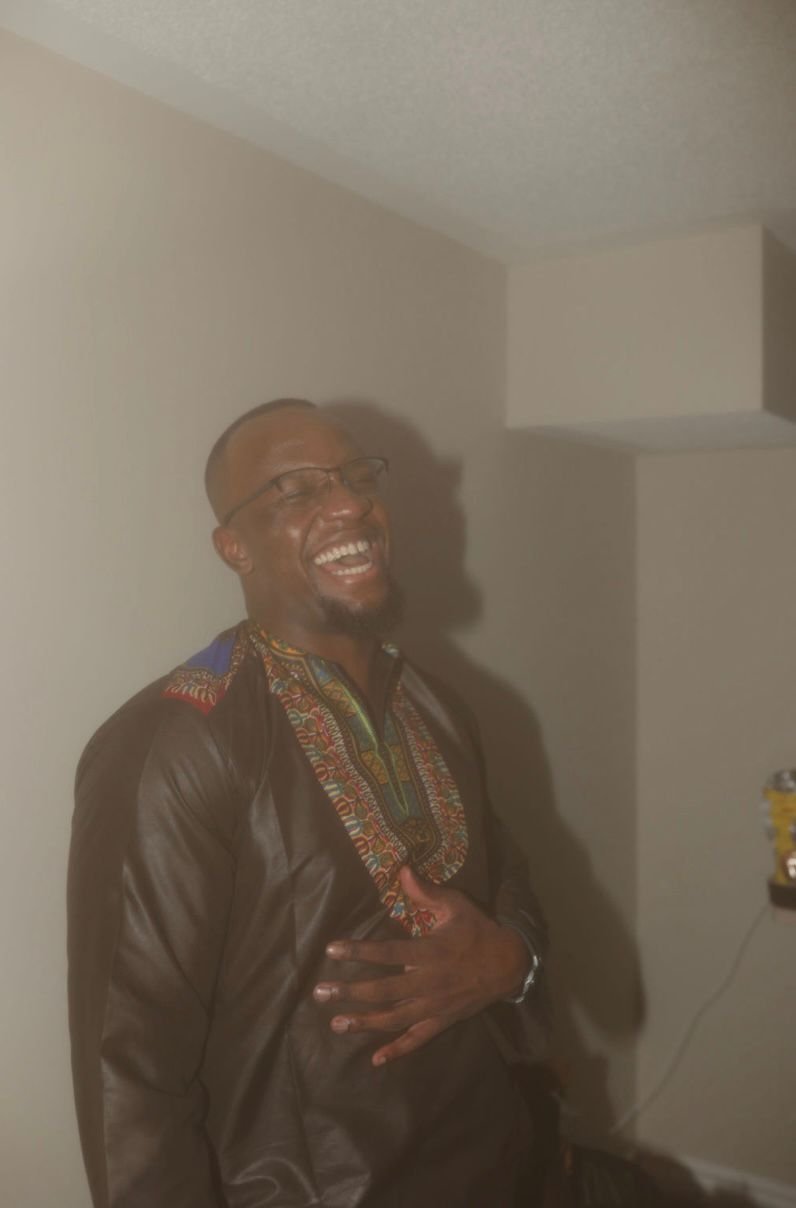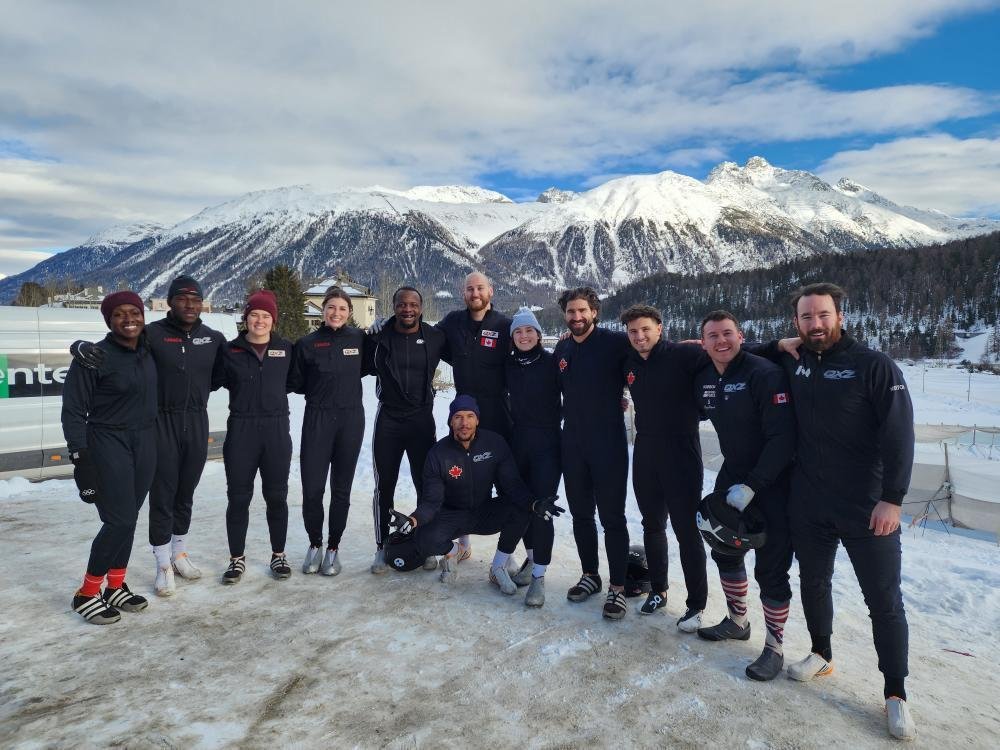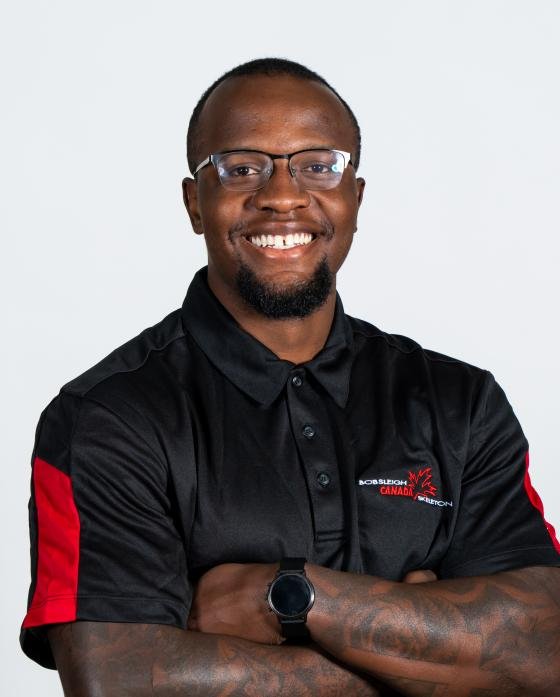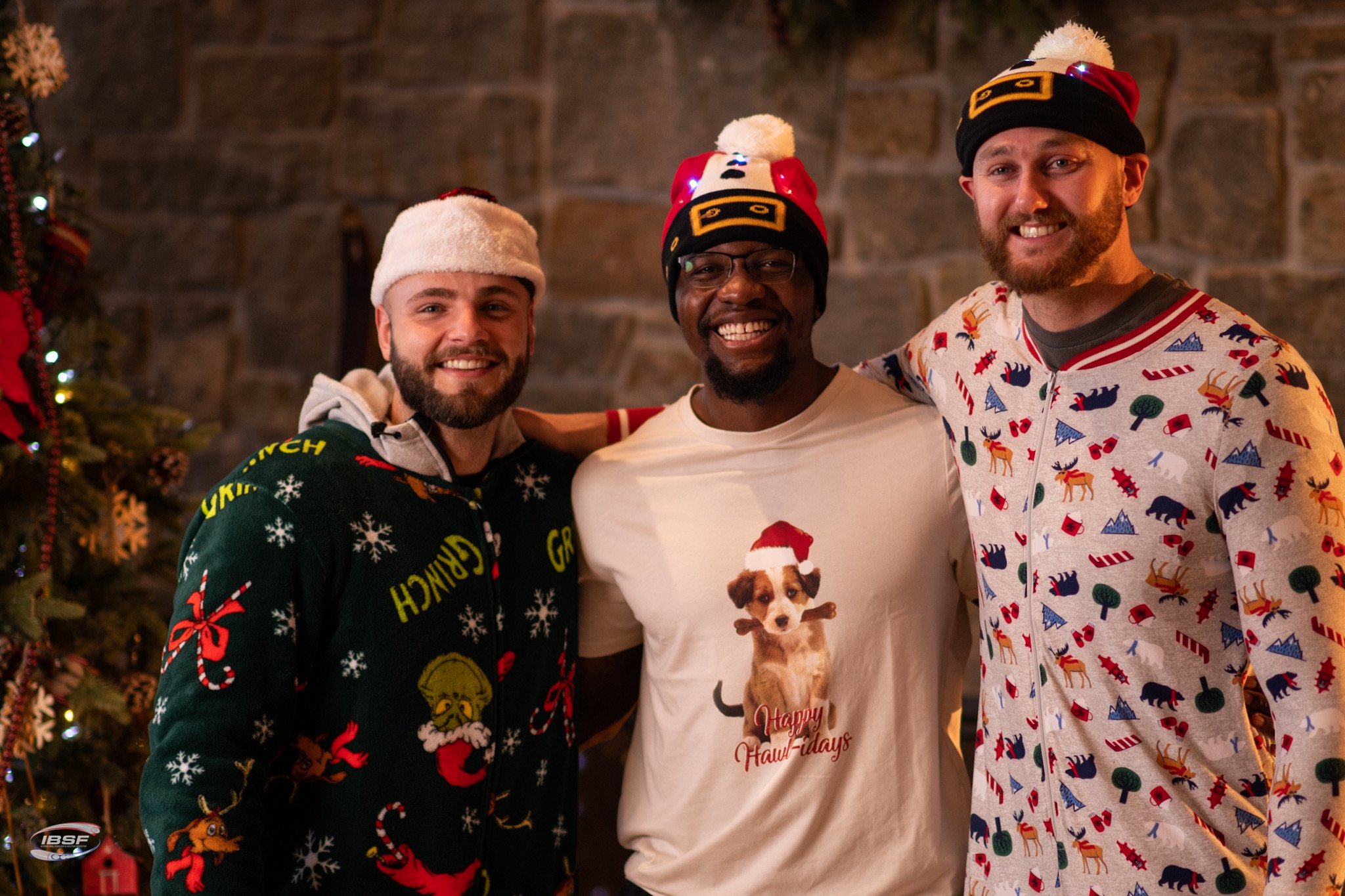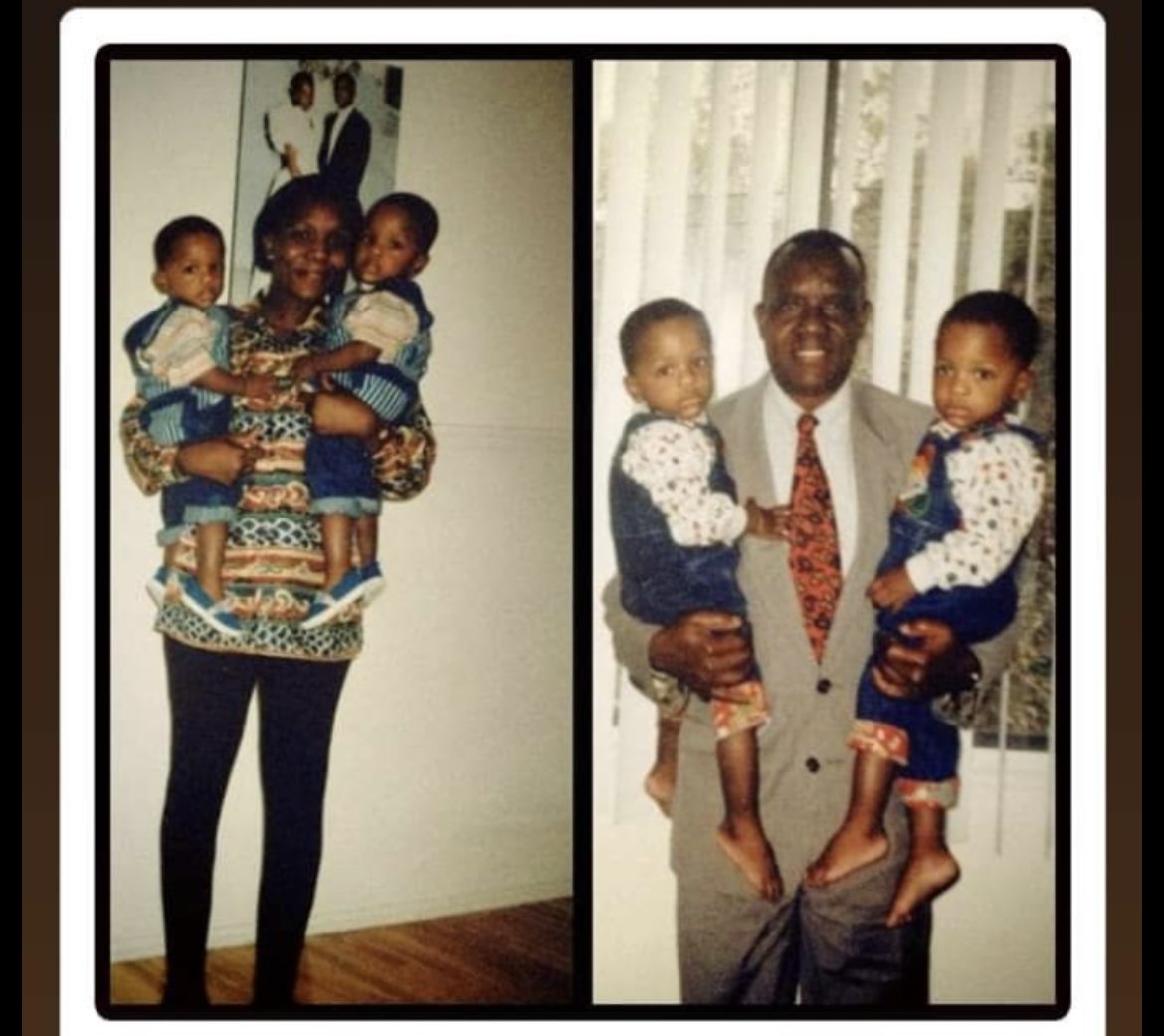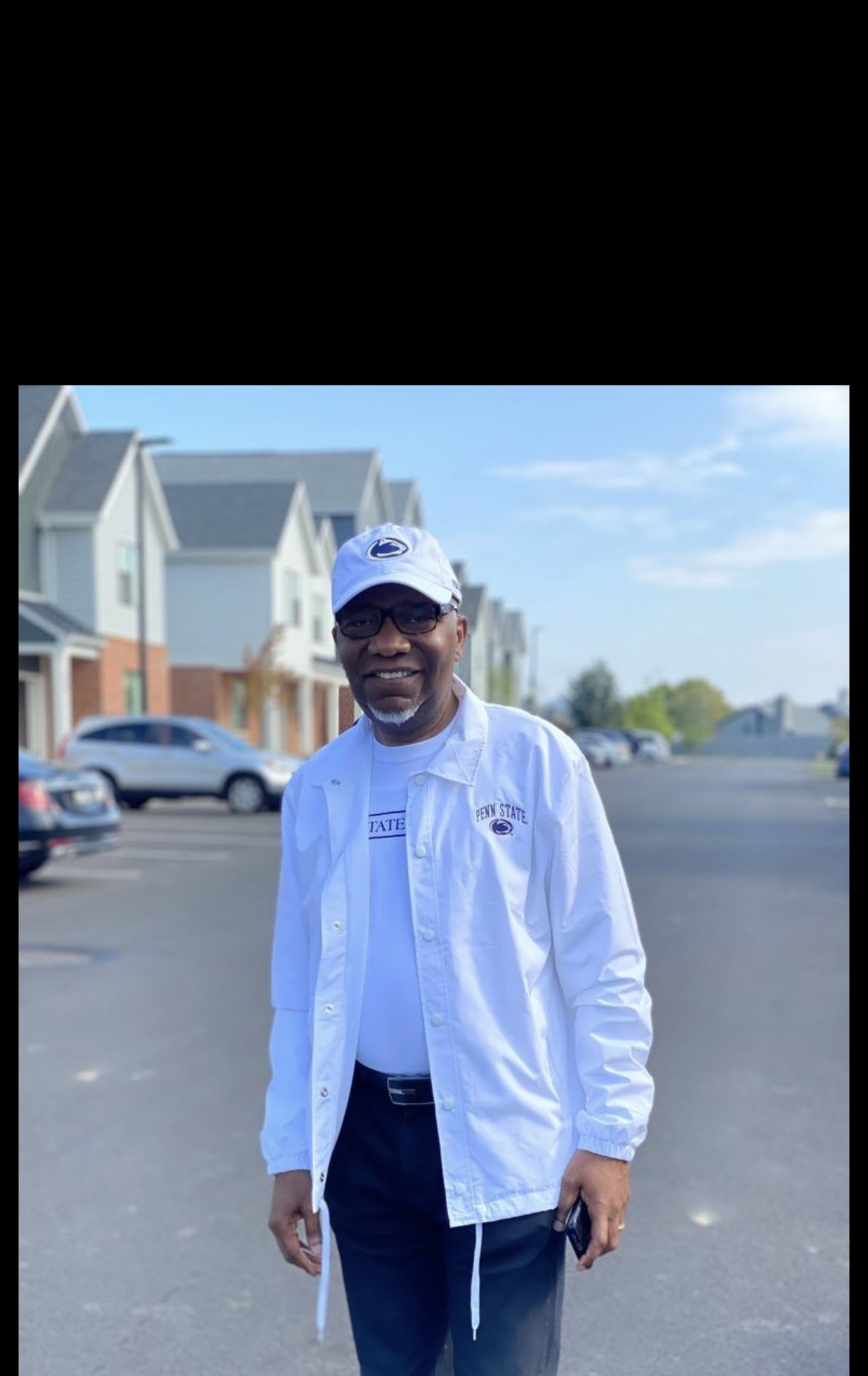An Unsinkable Voice to Follow
Author: Kenny M’Pindou
When I think of the word Unsinkable, many things come to mind. I think of someone who doesn’t allow the challenge in front of them to dictate their destiny or where they will end up in life. I think of someone who doesn’t quit after hearing the word ‘’no’’. I think of someone who embraces who they are at the end of the day, and regardless of what other people may think, is proud of who they are.
Unsinkable people value what makes them unique and what separates them from others.
I would put myself in that category—I see myself as unsinkable. For those of you who may not know yet.
I’ve lived with a speech impediment from a very young age, which brought with it a battle I’ve dealt with internally. It’s not noticeable in all situations, and though it affects me to this day, I have come to fully embrace it and recognize it as a part of who I am. I’ve learned to accept that I am a work in progress, and that no matter what, I am capable of doing the things other people do. I continue to prove that to myself.
Feeling Seen
I remember the first time I presented in front of a group of people. I didn’t usually get nervous because I always had the confidence to tell myself, “Kenny just be yourself, be funny, and things will go smooth.”
When the first few words got out, I thought, “This isn’t bad.” But once I got stuck on a difficult word, the mood changed. All of a sudden it became a mental game—I started thinking about my speech too much, trying to perfect the next word or sentence. In those moments, I felt frustration building as I tried to remain calm and focus on breathing. But there was too much—at the same time, I’m looking around trying to see people's reactions and guess what they were thinking. I went from being a confident person to being frustrated in the span of minutes. I let myself down. Going back to my seat—and talking with others afterwards knowing they’ve probably never heard me stutter—I would not say it was embarrassing, but in my head, I thought, “Ugh. What are they thinking in this moment? Or saying to others?” It’s a weird feeling: you try to avoid wanting to talk with others about the situation and the possibility of them bringing it up and having to talk about it.
I’ve never openly talked about my speech impediment with anyone other than my brother. I wouldn't say that I’m embarrassed about it, but I never wanted anyone to feel ‘’sorry’’ for me. From a young age, I’ve encountered people who have never heard or spoken to someone with a speech impediment. Everyone’s response to it is different—some laugh, some think I’m nervous. But then you have those who are understanding and alleviate any discomfort by changing the environment or asking me how they can help. During those times, I’m always grateful and appreciative, and make sure to thank these people afterward.
Feeling Valued
Even professors have told me to shy away from pursuing certain careers because of my stutter, and to avoid putting myself in difficult situations. As a result, I avoided presentations and job interviews when I was growing up. In some cases, I would either reschedule or cancel job interviews because, in my head, I would not get the position anyway. Why try? I avoided events where I knew I would have to meet and talk with people. If I decided to go, I wouldn’t stay for too long or I would strategically find myself in a big group setting where I would have very little to say (to avoid the long one-on-one conversations). In the workforce, my level of experience has been in question. Nowadays, numerous companies talk about diversity and inclusion on their websites—they claim to be “accepting of everyone.” From experience, it seems as though what they stand for doesn’t mirror their actions and/or feedback.
After I'd done a presentation, a professor in university came up to me at the end of class. They asked me if I’d ever considered other career aspirations due to the challenges I may face because of my speech impediment. I remember tuning out and not listening to the conversation anymore—not in a disrespectful way, but I had this feeling: I told myself, “I cannot wait to prove those who doubt me wrong.” Some may have left that conversation devastated and hurt, but I left the class with a smile on my face. That conversation fuelled my motivation to show that difference does not make me any less.
This is something I’ve vowed to prove to myself. I’ve purposely put myself in difficult situations and worked in challenging environments where I was able to breach those barriers. This exact feeling comes over me whenever someone comments about my speech impediment. I’m thankful for these moments now because they push me to continue striving to better my speech, and show others that despite my ''difference'' I can and will show that I’m more than capable.
Feeling Fast
Never truly knowing how to deal with the frustrations, my one ‘’escape’’ has always been sports. I loved playing sports growing up—I was always one of the most athletic, if not the most athletic in my school or on sports teams. My brother and I were known as the “freakish athletes” and “the fast twins.” As Kat Bitove, founder of xoxo sports, said during a conversation I had with her, sports were my way of communicating. What I lacked in one area, God blessed me with in another. I could go on the soccer field and play for hours. I could run a 100m or 200m race without the thought of my speech ever intervening. Kat was the first person who noticed my speech impediment and encouraged me to see and use it as something positive—to let it be part of my story. The label of someone who stuttered became: ‘’Holy! You are fast!’’ or ‘’Wow! You are so athletic.”
My first track & field race is something I will never forget. I was in Grade 5 at the time, amongst 2 or 3 students from my school competing in the 200m event at the Edmonton Journal Games. The Butterdome, the indoor track facility in Edmonton, was full of parents, officials, etc. I was astonished, and thought, “Wow this is so cool.” In those moments, you only think about what is ahead of you—nothing that happened earlier in the day—because you’re excited and looking forward to running. On that day I ran the 8x200m relay and the 200m event. The relay is by far one of the most exciting events to be part of—you’re exhilarated and pumped to compete alongside your friends from school.
I won my first medal in Grade 5, and it was in the 200m event at those Journal Games. I placed third, but to me, it was a big deal. I started to look at sports differently then—falling in love with being an athlete, bettering myself, and wanting to be better than others. My long jump coach (in Grade 8 or 9) showed up to practice once and right away she knew something was up with me. I don’t fully remember what happened that day, but the one thing she told me stuck: “Do not let your personal issues come to the track. This is where you dominate. Don’t let your issues get between your performance and potential.”
When I say sports have been my escape, I mean that it has always been easy for me to go to the gym, kick a soccer ball at a wall for hours, or schedule a time to play with friends when I catch myself feeling down. In those moments, I’m just thinking about having fun and playing the sport I love.
Even so, I want my story to be bigger than sports. I am more than just an athlete and I hope companies/organizations will view me as such. The question I have been asked lately is:
“What is your story? What separates you from others and how would you bring value to a
company/organization?”
Giving Back
I want to be an inspiration to young people and adults who have been through similar situations but feared being vocal about it. I know it may sound cliché, but as the famous Les Brown has said in many of his speeches, “Someone’s opinion of you does not have to become your reality.” In other words, don’t let the noise dictate your future outcome. My situation is different from others, but the message is always the same. There are always going to be challenges and obstacles in life—some you can control and others you can't. My speech impediment led me to tap into other talents and gifts, which has boosted my confidence and self-belief. I don’t see myself as someone different from others because of my stutter. Instead, I am someone who can excel despite it.
Participating in sports has given me the space to express my personality in ways others may not be able to see outside the competition venue. It’s as if the stigma surrounding someone with a speech impediment disappears.
What I want to do—and have already begun—is partner with organizations to shed light on and support those who have a speech impediment. I’m still a work in progress, but being there for and working with those who share similar challenges as I do is something I look forward to. I am a firm believer that God has placed a special gift in each and every one of us. We just need to tap into it. And sometimes, we need a voice to follow—one that can’t drown no matter its stutter. I will be that unsinkable voice.
.
.
.
About Kenny: My name is Kenny M'Pindou—I’m originally from DR Congo, but I was born in Montreal, Quebec, and moved to Edmonton, Alberta at a young age. I developed a speech impediment at a young age, and forget when I first noticed a difference in my speech (and when it started to affect me). To this day, I still stutter, but as I have always told myself, I am a work in progress. My speech may never be fluent, but I hope to one day be able to control it.
Currently, I am a Bobsled Athlete with aspirations of competing at the next Olympic Games in 2026. I got into the sport by connecting with my current coach, Neville Wright, a three-time Olympian himself. At the same time, I hope to be an inspiration to those with speech impediments, encouraging them to continue to defy the odds and show that we, too, are capable of many things despite what waves life may throw at us. We are Unsinkable.
.
.
.
Connect with Kenny @kenmpindou (Instagram) & Kenny M'Pindou (LinkedIn)

